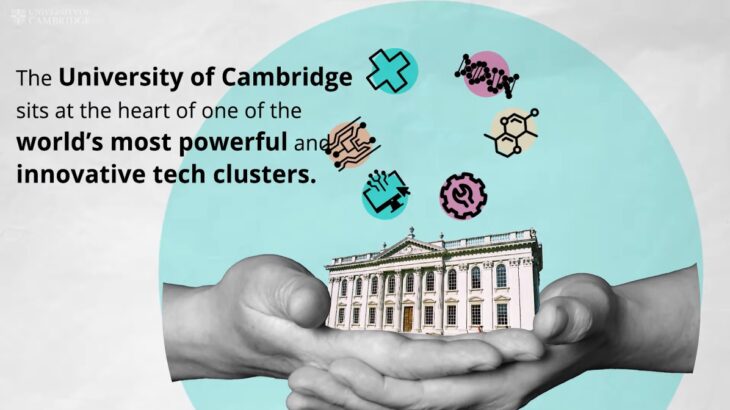The economic and social impact of the University of Cambridge

Almost half of the identifiable regional-based impact generated by the University of Cambridge occurred outside the east of England, a report by independent consultants reveals.
The consultants London Economics were commissioned by the University of Cambridge to analyse the economic and social impact associated with the university’s activities in the 2020-21 academic year.
The report identifies the direct, indirect and induced impacts of the university with the total impact of its activities on the UK economy estimated at £29.8bn.
Of the £24bn of identifiable regional-based impacts, approximately £13.6bn (56%) of the impact occurs in the east of England. But the analysis indicates that every region of the UK benefits from the activities of the University of Cambridge with the economic impact of the university on London and the south east estimated to be approximately £4.5bn in total, while the economic impact on the north west and east Midlands were £769m and £724m respectively.
The total economic impact associated with the activities of the University of Cambridge’s spinout companies in the 2020-21 academic year was estimated to be £11bn across the UK economy.
The main points highlighted in the analysis include:
- The university’s research and knowledge exchange activities are valued at £23.12bn
- For every pound spent by the university, £11.70 was generated in economic benefit.
- the activities of the University of Cambridge’s spinout activities in 2020-21 was estimated at £4.5bn in economic output
- University spinouts supported 3,790 FTE staff, and contributed £1.4bn of gross value added.
As well as the economic impact, the report highlights the impact of the university through case studies giving examples of the nature of the societal benefits it generates.
This report is the fourth analysis of economic impact compiled by London Economics for a Science and Engineering South member in the past three years, following Oxford‘s, UCL’s and Southampton‘s.
Dr Anthony Freeling, Acting Vice-Chancellor, said: ” Growing the Cambridge ecosystem into one of the world’s leading innovation clusters did not happen by accident. It is the result of a culture of excellence, underpinned by a depth and breadth of teaching, research and innovation that connects the discovery of new knowledge with the expertise to turn these ideas into companies and organisations that change people’s lives.”
You can read the University of Cambridge’s press release and view impact maps on the university website.


